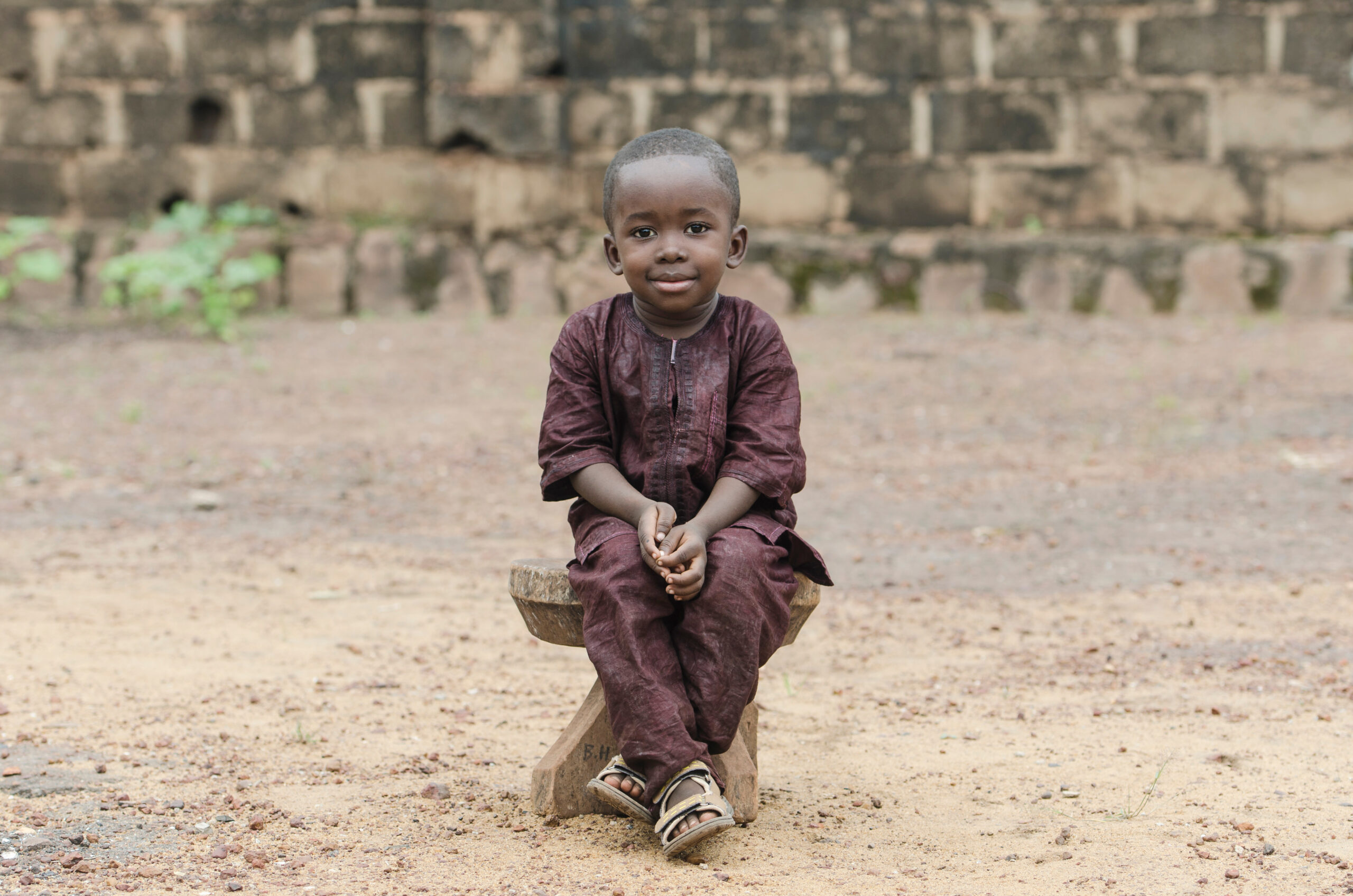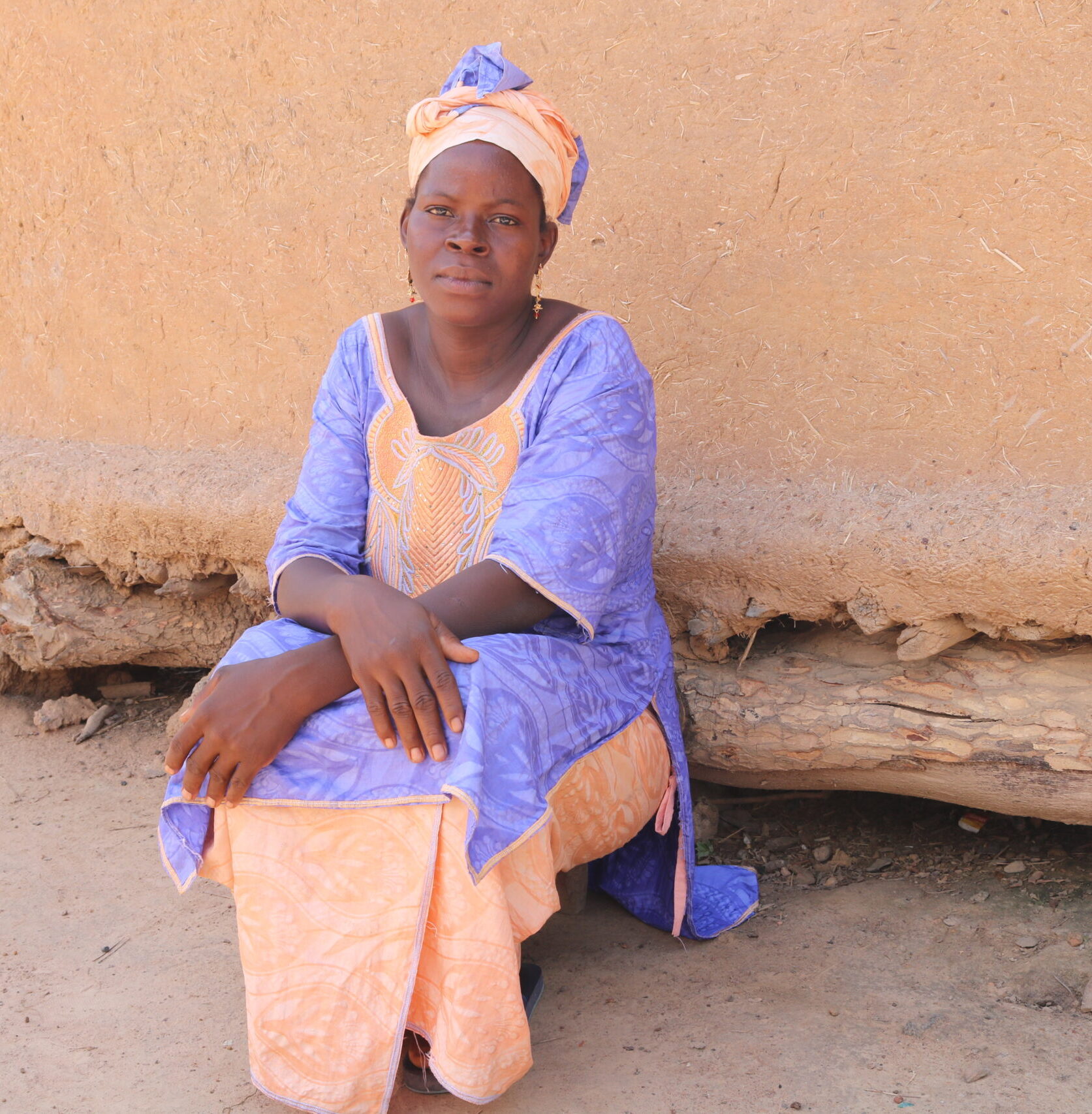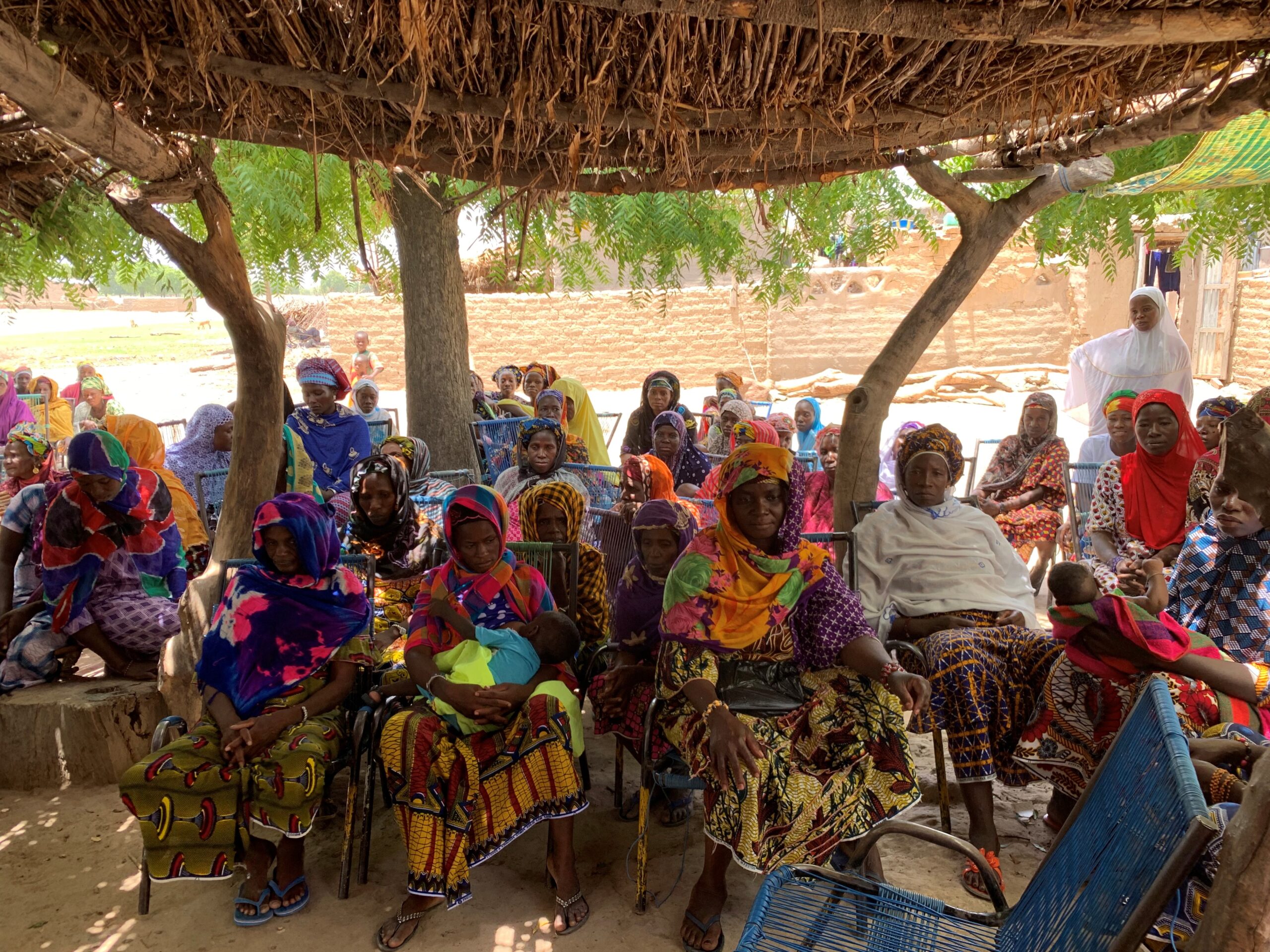Case Study
Strengthening Household Resilience and Supporting Stabilization in Mali
A Tailored Approach to Addressing Inter-Communal Conflict
Stabilization and Recovery

The Challenge
In Mali’s central regions of Ségou and Mopti, inter-communal conflict rooted in land disputes between farming and pastoralist groups has intensified amid worsening insecurity and a shrinking humanitarian space. These tensions are compounded by economic fragility, exclusion of women and youth, and weakened trust in traditional dispute resolution mechanisms. In this environment, even low-level disputes can escalate rapidly, feeding broader cycles of violence and recruitment by violent extremist organizations. Against this backdrop, vulnerable households also face limited access to resources and limited pathways to recover from shocks, increasing their susceptibility to conflict.Our Solution
An Innovative Approach to Improving Social Cohesion
Chemonics launched an activity in 2023 to improve resilience in villages across Ségou and Mopti using two integrated approaches: community-led peacebuilding interventions and unconditional cash transfers. Key innovations and accomplishments include:
- Establishing and Strengthening Conflict Resolution Structures: Chemonics created or reinforced six Village Land Commissions, training 95 members and peace ambassadors — 42% of whom were women — in nonviolent communication, conflict resolution, and land rights.
- Locally Led Action Planning: Through six multi-day community consultation workshops, villagers co-created tailored social cohesion roadmaps focused on prevention, mitigation, and resolution of resource-related disputes.
- Elevating Women and Youth: Targeted leadership training equipped 55 women and youth with tools to influence local governance structures. Forums designed to raise awareness successfully mobilized 470 community members to advocate for more inclusive peacebuilding mechanisms.
- Piloting Inclusive Cash Assistance: Chemonics delivered mobile money and direct cash transfers to 400 vulnerable households, distributing over $108,000 across four villages. The program emphasized safety, inclusion, and household-level decision-making, with 57 women receiving guidance on financial participation and protection.
- Engaging Communities in Oversight: Chemonics established community-led targeting and complaint committees and a toll-free hotline, promoting transparency and real-time feedback on cash transfers and project activities.
- Systematizing Data and Learning: Using tools like DevResults and KoboCollect, Chemonics collected high-quality data across all interventions. Regular reflection sessions and pilot evaluations informed real-time learning and adaptation.


The Impact
A More Inclusive Path to Peace
Despite operating under volatile security conditions, Chemonics achieved transformative results in its pilot phase:
- 1,718 people directly engaged in peacebuilding activities; 46% of whom were women.
- Installed three Village Land Commissions and strengthened the capacity of three others.
- 400 households received cash transfers.
- 66 peacebuilding events held to promote social cohesion, including training sessions, forums, and youth-led football matches.
- Women’s participation in Village Land Commission-related events exceeded 52%, signaling growing community acceptance of gender-inclusive peacebuilding.
- Chemonics’ gender and social inclusion risk assessment informed safer, more inclusive implementation, especially around mobile money.